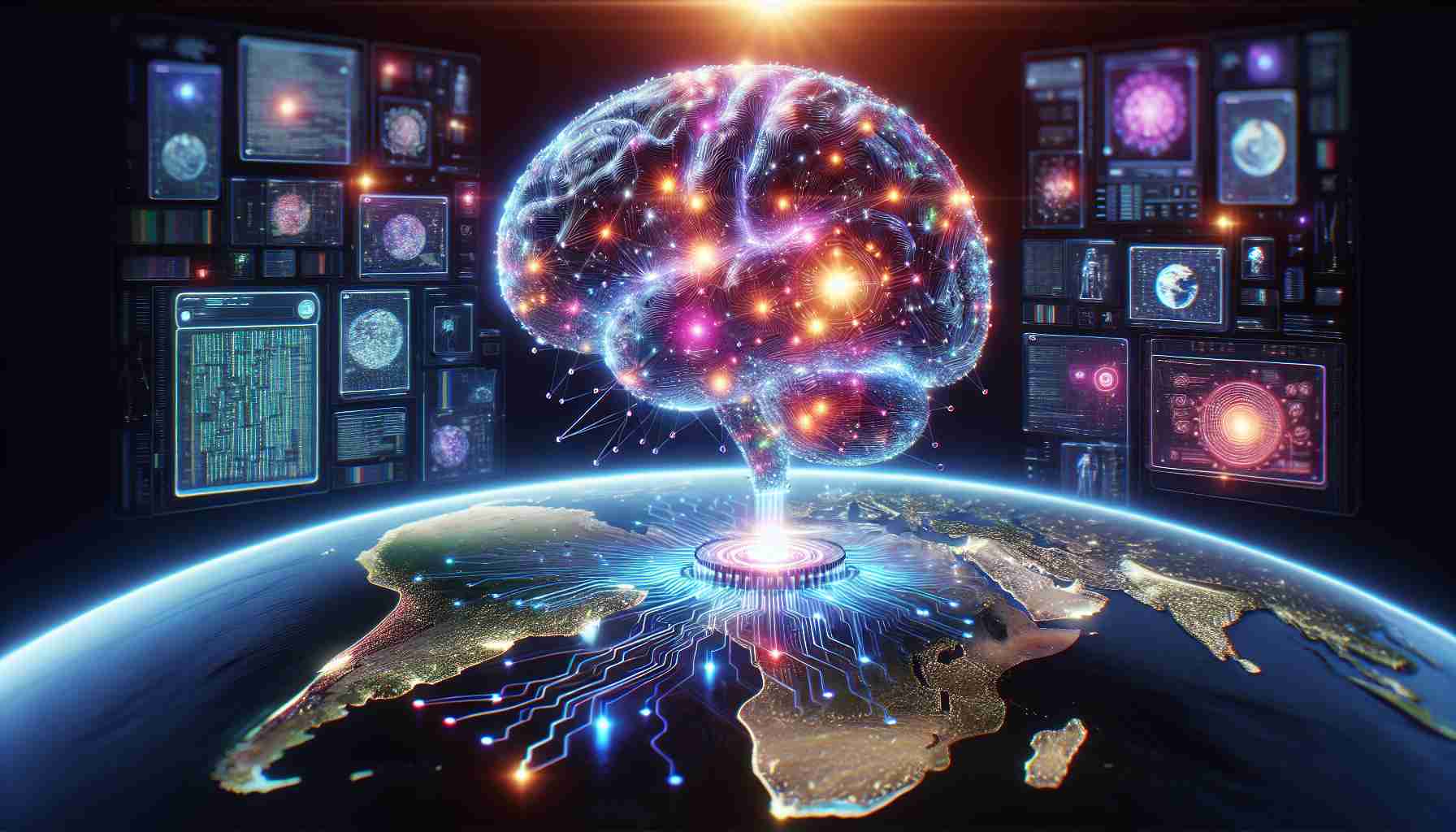Artificial intelligence (AI) is often depicted as a mysterious entity potentially taking over our lives. But what does AI really entail, and how does it function? In simple terms, AI is the simulation of human intelligence processes by machines, particularly computer systems. These processes include learning, reasoning, and self-correction.
At the heart of AI is the concept of machine learning. This involves the use of algorithms and statistical models that enable computers to perform specific tasks without explicit instructions. Instead, they rely on patterns and inferences drawn from data. Machine learning can be classified into supervised, unsupervised, and reinforcement learning, each with its unique method of teaching machines to understand and predict data.
Neural networks, inspired by the structure and function of the human brain, play a crucial role in powering AI. These networks consist of layers of nodes that process data and derive insights much like neurons in a human brain. They form the core of deep learning, an advanced subset of machine learning, which deals with large datasets and complex computations.
Another essential component of AI is natural language processing (NLP), which allows machines to comprehend, interpret, and respond to human language. This is seen in applications like chatbots, language translation, and virtual assistants.
Despite misconceptions, AI thrives on human oversight, requiring large amounts of data and sophisticated algorithms rather than consciousness. As AI continues to evolve, understanding how it works demystifies its capabilities, helping humanity harness its potential effectively and ethically.
Is AI Revolutionizing or Rattling the World? Unpacking the Untold Impact
Artificial intelligence is reshaping industries, societies, and even our daily lives in ways many might not immediately recognize. While often discussed in terms of machine learning and neural networks, AI’s impact extends far beyond its technical underpinnings. Here are some lesser-known ways AI affects us:
Globally, AI is pivotal in climate change mitigation efforts. Advanced AI systems optimize energy use, forecast weather patterns, and even develop new materials for renewable energy. How does this change our lives? Countries harnessing AI for sustainable practices might soon lead the way in green technology, paving paths for cleaner, more efficient communities.
Moreover, AI’s role in healthcare is expanding exponentially. From predictive analytics to streamline patient care to AI-driven robots assisting in surgeries, healthcare systems worldwide are witnessing a revolution. The potential of AI to diagnose previously elusive medical conditions through analysis of minute symptoms presents a significant breakthrough, reducing burdens on health institutions and saving lives in real time.
However, controversies linger regarding data privacy. AI systems require vast amounts of data, often leading to debates about ethical data use and consent. As AI systems analyze personal preferences and behaviors, questions arise: Are we participants or unwitting subjects in this AI-driven world?
Intriguingly, could AI ever replace human jobs? While automation can increase efficiency in sectors like manufacturing, it might displace workers not yet skilled for the AI age. This technology dichotomy urges societies to advocate for educational reforms focusing on skills for an AI-inclusive world.
Curious about AI’s future potential? Delve deeper with these resources: Forbes, Wired, and Nature. AI isn’t just science fiction—it’s our current reality and a glimpse into the future.








